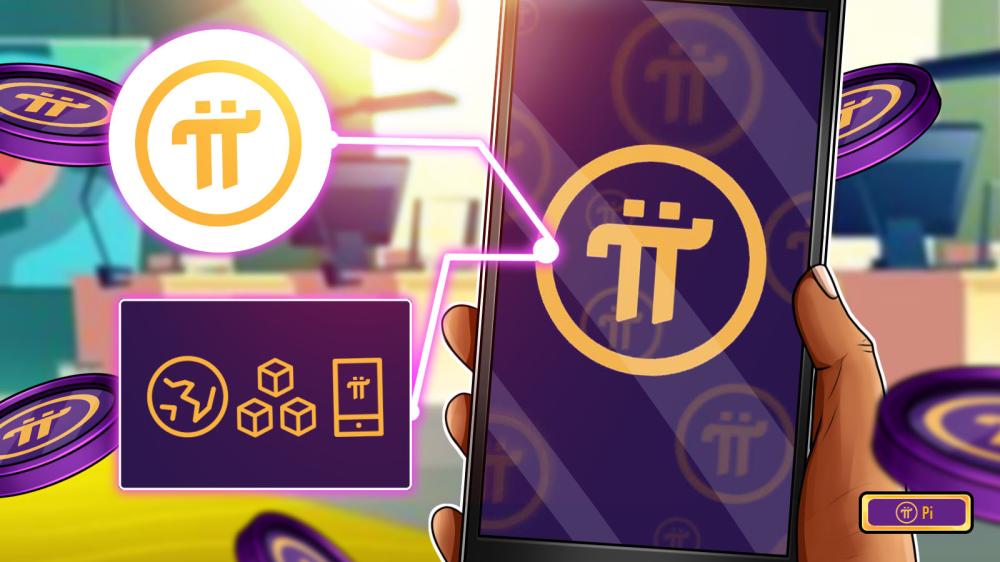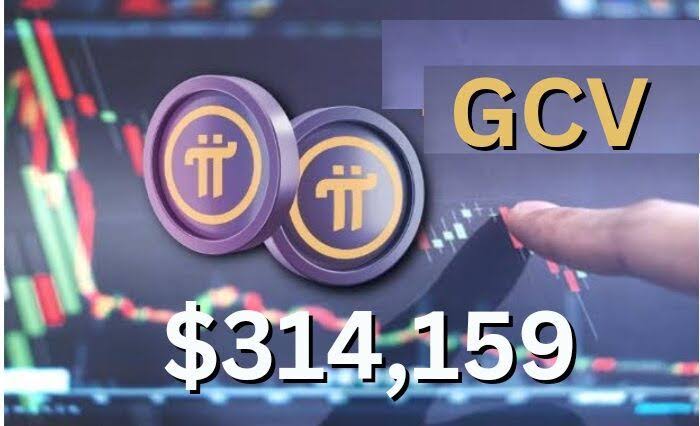Amid widespread fear of fraud and ensuing social unrest, Hondurans are preparing to vote in a tense presidential election that could end 12 years of rule for the conservative National Party, which has governed since a 2009 coup.
The National Party’s time in office has been marked by corruption, alleged involvement drug trafficking, and increased militarisation, spurring mass migration to the United States. The coronavirus pandemic and back-to-back hurricanes in November 2020 sunk the country deeper into a sociopolitical crisis.
President Juan Orlando Hernandez, who could face extradition to the US on drug trafficking charges after he was named as a co-conspirator in a case against his brother, may have the most at stake, although he is not up for re-election.
His party’s candidate, current Tegucigalpa Mayor Nasry “Tito” Asfura, is trailing by 17 percent behind former first lady Xiomara Castro of the left-wing Libre Party, according to an October poll by the Honduran Center of Studies for Democracy (CESPAD).
The elections on Sunday – during which voters will also elect congress members, mayors, and members of the Central American Parliament – mark a “turning point” for Honduras as two opposing political visions battle for dominance, said Joaquin Mejia, a researcher with the Honduran Team for Research, Investigation and Communication (ERIC-SJ).
The first – represented by Asfura – is “the continuity of the regime”, Mejia told Al Jazeera, while the second would mark “a first step” towards national dialogue “to begin to reconstruct the country”.
Castro is making her third presidential run as candidate for the Libre Party, founded by her husband Manuel “Mel” Zelaya, who was removed from office in the 2009 coup.
Polling at 38 percent according to the CESPAD poll, she pulled ahead in the race after making an alliance in October with opposition candidate and former TV host Salvador Nasralla. Prior to that pact, polls showed Asfura with a slight lead.
“What Honduras needs right now is symbols,” said Mejia. “The fact that they’ve managed to form this alliance has sent a symbolic message to the population in the sense that they feel a change is possible.”
Castro has promised to bring back social programmes, decriminalise abortion in three cases, and ban special economic zones. Many voters see her candidacy as a continuation of her husband’s presidency, although she also has a respectable political trajectory of her own, leading a massive protest movement.
“Things are going to improve with Xiomara because we saw it with the presidency of Mel Zelaya,” said 58-year-old subsistence farmer Blanca Rodriguez at a rally November 19 for Castro in rural Intibuca. She cited social programmes that helped rural Hondurans as her reason for voting for Castro.
Others believe she will end government corruption and impunity, and restore democratic institutions that have been debilitated during 12 years of National Party rule. “With Xiomara, we’re going to rescue the rule of law,” said 67-year old retiree Isidro Luna, another rally participant.
But Castro’s record is also tainted. An allegation that Zelaya accepted a bribe from a drug trafficker also surfaced in the US case against Hernandez’s brother.
About 21 percent of voters surveyed by CESPAD in October said they would vote for National Party candidate Asfura, whose campaign has tried to portray him as a reliable leader by playing on his nickname “Papi a la Orden” – “Papi at your service”.
His ads emphasise that he is “different” and “with the people”.
“He’s the only one who convinces me because, with the others, everything is just promises,” said 59-year-old Julio Figueroa, an unemployed voter from Tegucigalpa, who cited public works projects in the capital as proof that Asfura is qualified. “He’s a hardworking person,” Figueroa added.
Asfura faces an investigation by the country’s special anti-corruption prosecution unit into alleged embezzlement of $1m in government funds in 2017 and 2018 as Tegucigalpa mayor. Yet this may not influence Honduran voters, many of whom are deciding to vote based on which candidate they hate less, according to Julio Raudales, vice-rector for international relations at the National Autonomous University of Honduras.
More than 60 percent of Hondurans surveyed by CESPAD said they disapproved of Hernandez’s presidency – and a rejection of the current government is driving some voters towards Castro, explained Raudales. At the same time, some voters reject Castro over concerns her left-wing policies are too “communist” and will turn the country into Cuba or Venezuela – a fear that her opponents have used to attack her.
A third candidate, Yani Rosenthal from the Liberal Party, who previously served three years in US prison for laundering drug money, is trailing behind both Castro and Asfura with just 3 percent.
“It’s not wanting to vote for Tito [Asfura] that makes someone vote for him, but rather that someone hates Mel Zelaya,” said Raudales. “For others, they’re going to vote for Xiomara [Castro] so Juan Orlando [Hernandez] doesn’t get away with anything.”
Despite a wide lead for Castro, Honduran voters and analysts fear the election results will be manipulated. About 70 percent of Honduran voters said they believed the elections would be fraudulent to some degree, according to the CESPAD poll.
“Everything seems to indicate that she will win,” Raudales said. “But the National Party has the power and it has the possibility of committing fraud, which would be terrible for the country.”
This fear of fraud and distrust in the political system could lead to low voter turnout. Despite compulsory voting in Honduras, only 60 percent of Hondurans said they planned to cast a ballot in the October CESPAD poll.
Twenty-year-old street vendor Evelyn Vasquez said days before the election that she did not plan on voting. “I don’t trust any of them [the candidates] because they are all thieves,” Vasquez said.
Fraud allegations marred the 2017 presidential elections, leading to mass protests. The Organization of American States (OAS) ordered new elections, but Hernandez ultimately was declared the winner. International observers, including the OAS and European Union, will be monitoring the elections again this year.
















